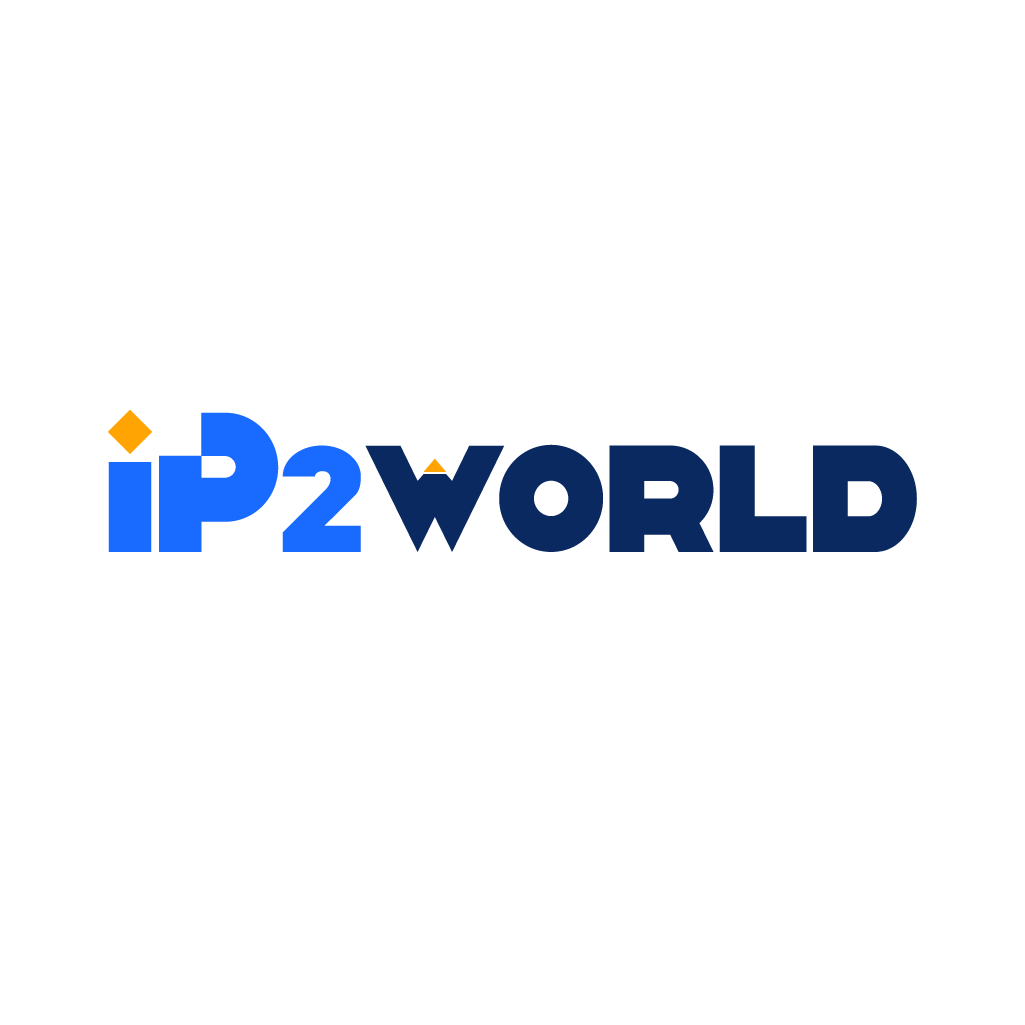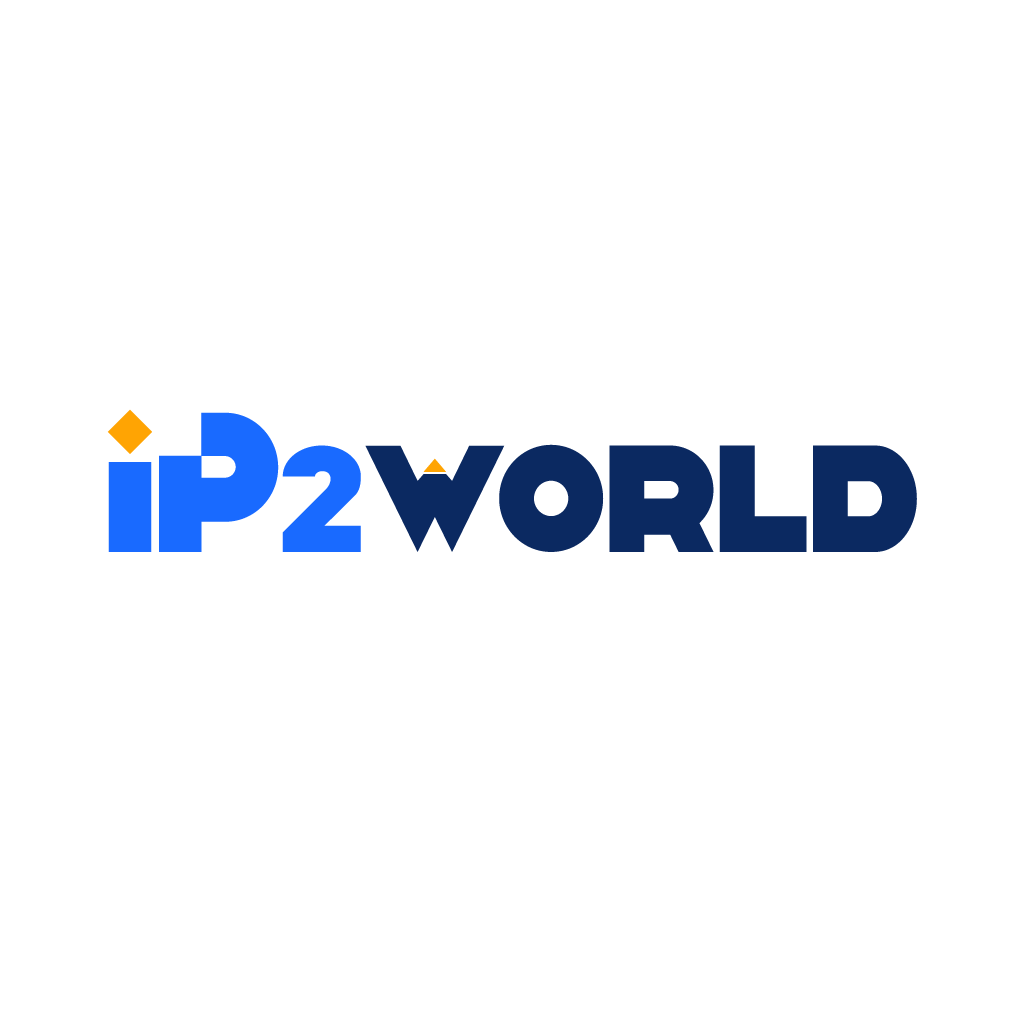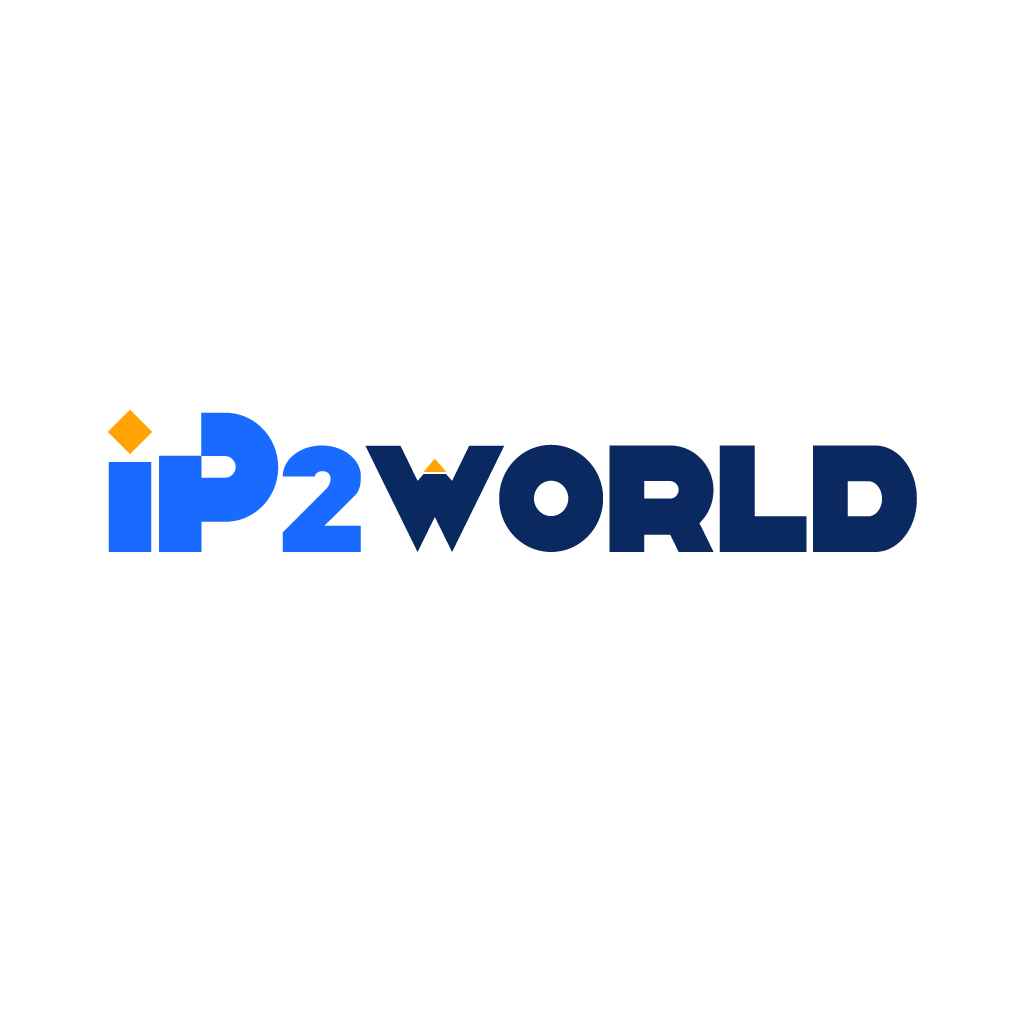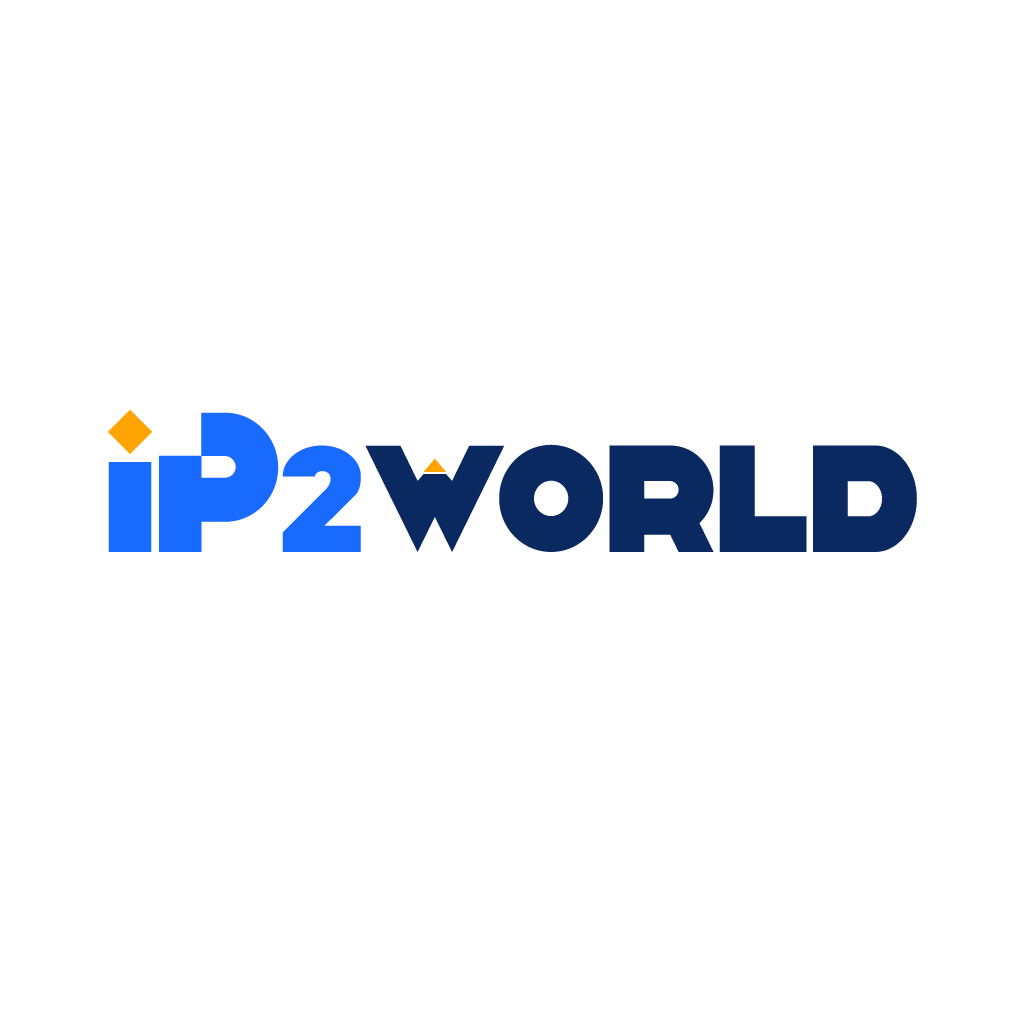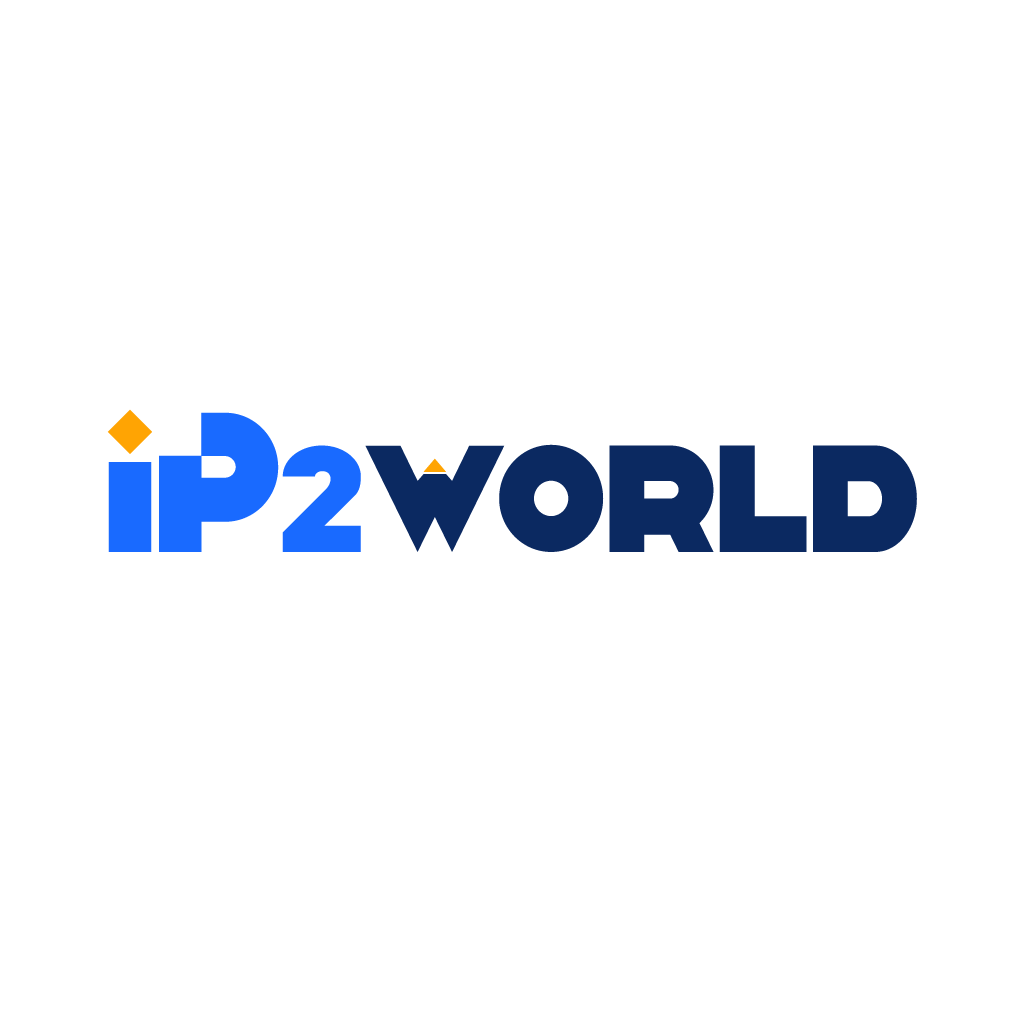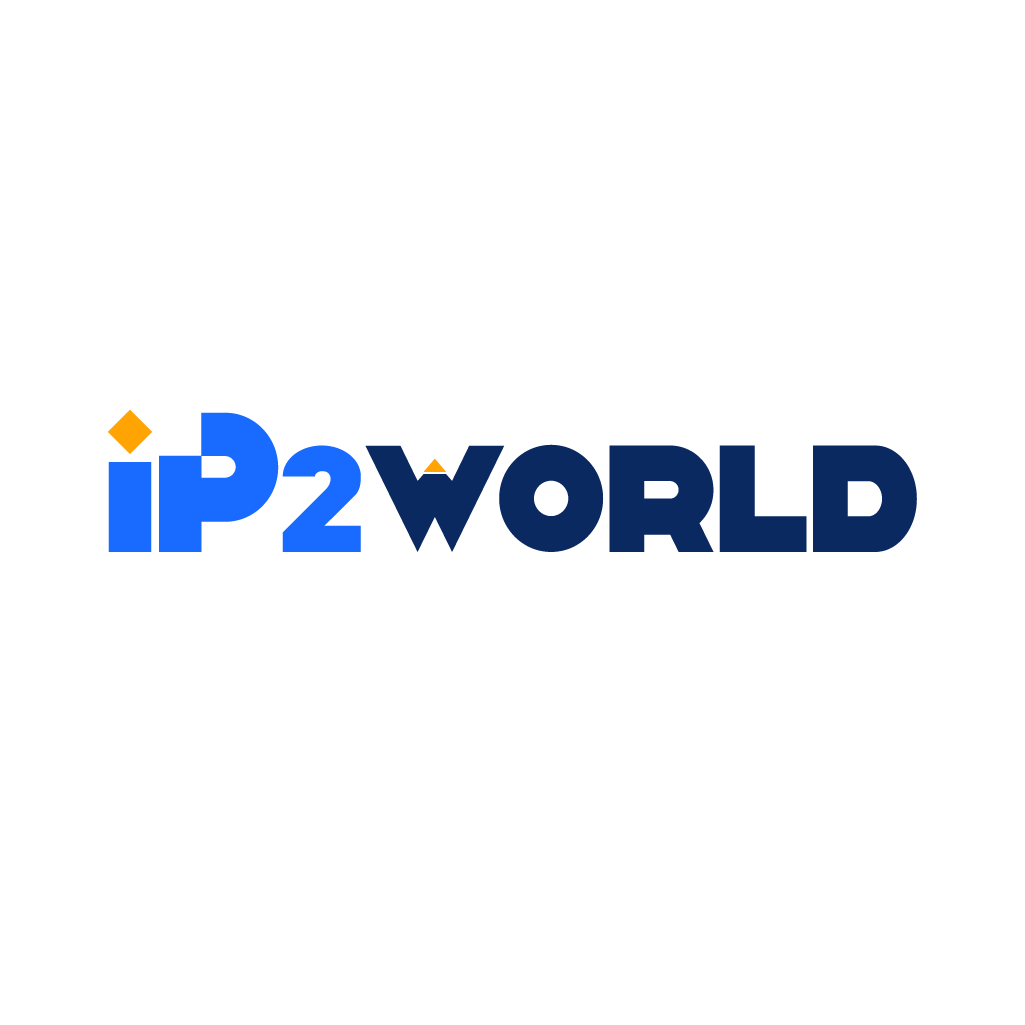Introduction:In today's digital landscape, the use of proxy servers has become increasingly prevalent. These servers act as intermediaries between users and target servers, effectively serving as a "man in the middle" by intercepting and masquerading connections. While there are various types of proxies available, one type that stands out is the residential proxy. In this article, we will delve into the world of residential proxies, examining their unique features and the advantages they offer. Understanding Residential Proxies:Residential proxies differ from other proxies in that they employ real IP addresses assigned to physical devices by Internet Service Providers (ISPs), rather than relying on data centers. Each residential proxy IP is associated with a genuine location, making it difficult to differentiate between residential proxy users and regular internet users. This high level of anonymity makes residential proxies invaluable for bypassing website countermeasures and facilitating business development. Advantages of Residential Proxies:1. Highly Anonymous: Residential proxies, utilizing real IP addresses and physical devices, are incredibly challenging to detect by websites. This heightened anonymity enables users to navigate the web without being flagged, empowering businesses to overcome restrictions and enhance operational efficiency. 2. Large Proxy Pool: Residential proxy providers boast vast pools of IPs, offering millions of options to users. With such diversity, users can make numerous requests without encountering the same IP twice. This abundance of proxy IPs enhances availability, facilitates dynamic IP forwarding, and boosts overall business efficiency. 3. Easy Management: Residential proxies employ reverse connections to residential servers. Users receive a URL-like address to connect to the proxy server, while the server selects an IP from the provider's proxy pool. While the IP may change over time, the user's server address remains the same. This seamless process is particularly beneficial for tasks like web scraping, enabling efficient management and data acquisition. The Role of Residential Proxies in Various Scenarios:Residential proxies are versatile tools utilized in different scenarios, including: 1. Market Research: With residential proxies, businesses can conduct web data scraping to gather crucial information quickly. This enables them to stay ahead of competitors by collecting data on prices, rankings, reviews, and keywords, optimizing their products and services accordingly. 2. Advertisement Verification: Residential proxies are instrumental in detecting and verifying ad links, ensuring campaigns are displayed as intended to end users. This enhances advertising effectiveness and prevents fraudulent activities. 3. Social Networking: Social media platforms like Instagram, Pinterest, Twitter, and Facebook require careful handling. Residential proxies enable users to create and manage multiple accounts, increase followers, and conceal their actual locations, all while adhering to platform guidelines. 4. Distribution and Retail: Residential proxies play a vital role in various e-commerce activities, such as dealing with sneaker bots, unblocking and scraping platforms like eBay, Shopify, and Craigslist, and accessing exclusive regional deals and content. Why Choose Residential Proxies:Residential proxies offer several compelling reasons to opt for their usage: 1. Authenticity and Anonymity: Residential proxies provide genuine and anonymous connections, as their IP addresses are associated with real physical devices. This authenticity is crucial in bypassing restrictions and engaging with target sites without raising suspicion. 2. Legitimacy and Security: As the IP addresses are provided by ISPs, residential proxies appear legitimate and are less likely to be blocked compared to data center proxies. This enhances security and ensures a smoother web scraping process. 3. Scalability: Residential proxies support unlimited concurrent demands, offering greater flexibility and scalability for businesses. With millions of IPs at their disposal, users can handle vast workloads with ease. Conclusion:Residential proxies offer a powerful combination of anonymity, reliability, and efficiency in the realm of proxy networks. Their ability to emulate genuine connections and bypass restrictions opens up a myriad of opportunities for businesses, ranging from market research to advertisement verification and social media management. By harnessing the power of residential proxies, organizations can take their operations to new heights, gain a competitive edge, and navigate the digital landscape with ease.
2023-06-03
